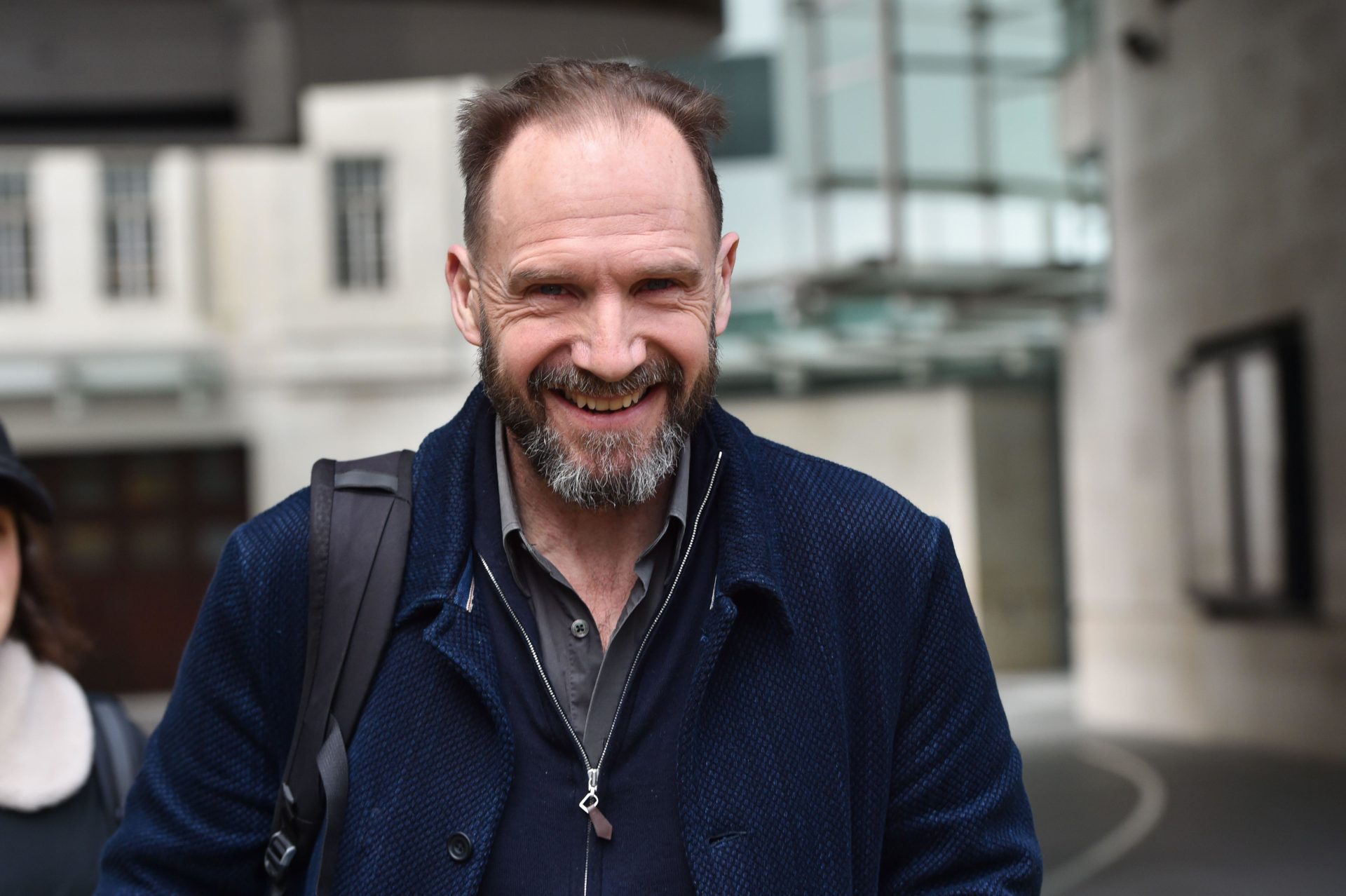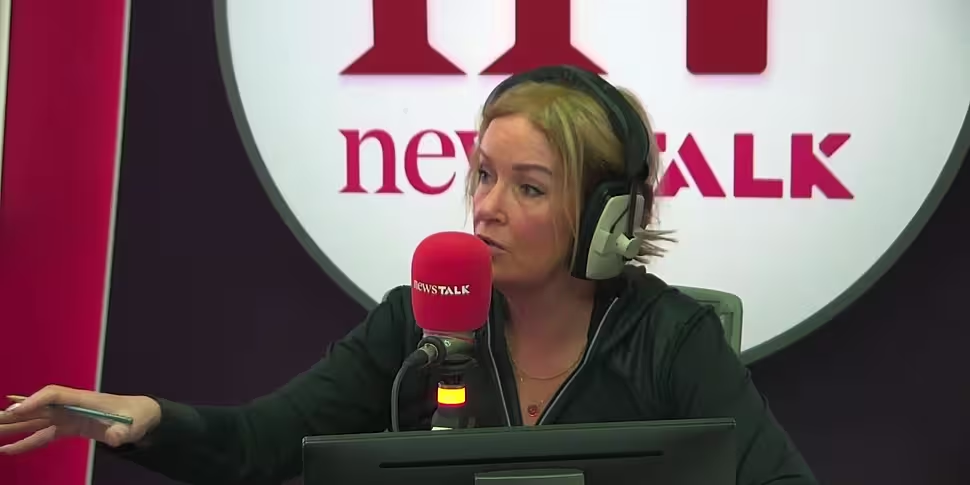Art should be shocking, thought-provoking and even disturbing at times – and trigger warnings are sanitising the experience for modern-day audiences.
On Newstalk Breakfast this morning, presenters Ciara Kelly and Shane Coleman said they were ‘delighted’ to hear UK actor Ralph Fiennes saying he would ban trigger warnings before films, TV shows and theatre performances.
“I mean, there are very disturbing scenes in Macbeth - terrible murders and things - but I think the impact of theatre should be that you're shocked and you should be disturbed,” Fiennes told the BBC's Laura Kuenssberg yesterday.
“I don't think you should be prepared for these things.”
Asked if he would ban trigger warnings he said he would only have them for things like strobe effects.
“Shakespeare's plays are full of murders and full of horror and as a young student and lover of the theatre, I never experienced trigger warnings telling me, by the way, in King Lear, Gloucester's going to have his eyes pulled out.”
 Actor and film producer Ralph Fiennes walking out of the BBC Studios after his appearance on Sunday With Laura Kuenssberg, 11-02-2024. Image: Zuma/Alamy
Actor and film producer Ralph Fiennes walking out of the BBC Studios after his appearance on Sunday With Laura Kuenssberg, 11-02-2024. Image: Zuma/AlamyCiara said she was delighted to hear the actor speak “such sense”.
“He makes the really valid point that one of the things that art should do, be it theatre or literature or whatever - television - is to shock, is to provoke, is to make you think, is to disturb you.
“It is to unsettle you and leave you afterwards thinking about things.
“There actually is an importance to that; to pushing people and provoking people and poking people's minds so that they think a little bit differently.”
Thought police
She said she is very wary of “people who don't want you to think”.
“People who don't allow you to think and who say, ‘Oh no, you shouldn't think. We'll make it nice; we’ll have a trigger warning or we'll take this out, these things that make you think.’
“We should be thinking. We're humans. How do you learn? How do you grow if you don't think?”
Comfort zone
Shane said he watched one of his favourite films over the weekend and it includes “an unbelievably shocking scene”.
“Something happens that you just, you don't see coming at all and you're horrified by it – but you should be,” he said.
“That's what art, that's what cinema, that's what theatre, that's what books should do.
“Take you out of your comfort zone and shock you. It doesn't always have to be shock for shock’s sake – but there will be times when you're shocked and that's OK.”
The presenters both agreed that we need to “stop treating people like children”.









